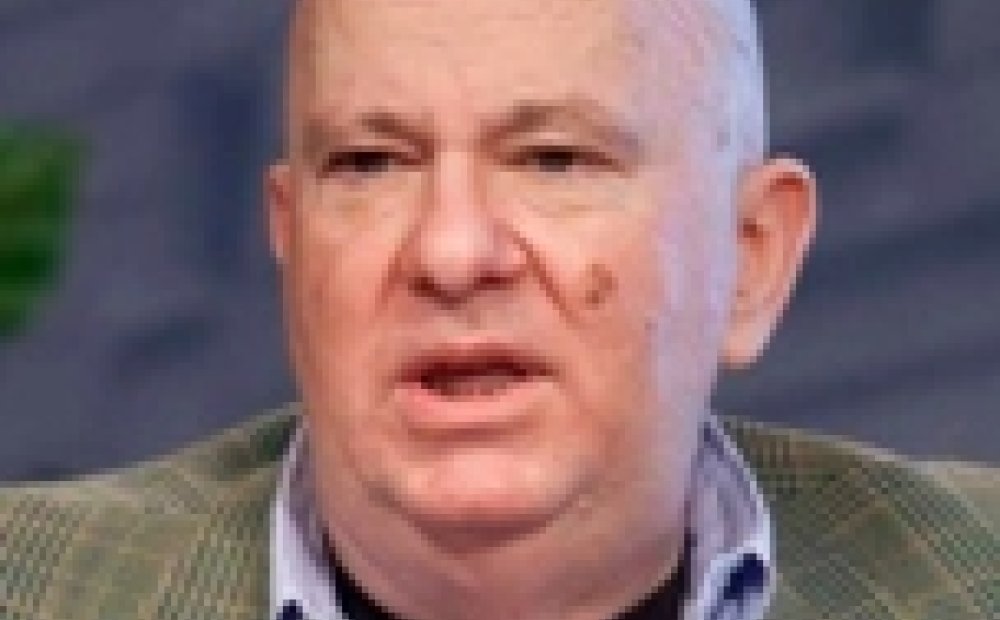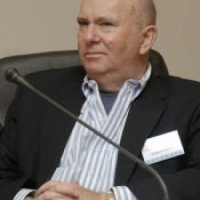Book Discussion: No Precedent, No Plan: Inside Russia's 1998 Default

Russia on the eve of the 1998 crisis was a chaotic, and essentially bankrupt state, noted Martin Gilman, Director, Centre for Advanced Studies, National Research University Higher School of Economics, Moscow, and Former Senior Resident Representative, Moscow Office, International Monetary Fund (1996-2002). At a 24 March 2011 Kennan Institute event, Gilman discussed his recently-published book, No Precedent, No Plan: Inside Russia's 1998 Default, as well as his impressions from working at the IMF at the time of Russia's financial crisis.
Gilman explained that one of the central topics of No Precedent, No Plan concerns why Russia's 1998 financial default was not inevitable, but in terms of Russian politics, "the environment was a recipe on how not to conduct policy." Even though Russia's treasury bill market was not supposed to be a Ponzi scheme, Gilman explained that political and economic policies in the Russian government after the collapse of the Soviet Union created an unsustainable economic model. Furthermore, the formal decision-making apparatus was inadequate to the demands of an emerging market economy and especially the new Russian financial system. Indeed, it was difficult for the government to learn how to make its own executive decisions in the absence of the parallel structure of the Communist Party. Officials generally understood what had to be done; but what they lacked, Gilman argued, was the ability to reach a consensus "on what to do, what policy to take."
With respect to the IMF's role in Russia following the 1998 default, the Soviet Union and Russia, as its successor, it became obvious that new, even innovative, economic policies were needed, Gilman explained. Although the obvious partner for Russia in 1998 was the World Bank, according to the speaker, the Bank viewed itself as an institution responsible for eradicating poverty around the world since the fall of the Berlin Wall. When the World Bank did not take action to assist Russia after its default, the IMF stepped in. "We in the IMF didn't believe [the default] was going to happen," Gilman admitted, but "this was an extremist situation." By assisting Russia with reforming fiscal and monetary policy, the IMF became the "new partner of the Russian Federation" after the default, according to the speaker.
Gilman ended his talk by discussing another key topic in No Precedent, No Plan: the legacy of the financial crisis, and what lessons it can provide for Russia and other countries. Although financial scandals resulting from the 1998 default seem to linger on today, Russia still benefitted from its interaction with the IMF. "What the IMF brought to officials in Russia," Gilman concluded, "was a way of thinking in a ... comprehensive way about economic policy."
By Amy Shannon Liedy
Blair Ruble, Director, Kennan Institute
Speaker

Hosted By

Kennan Institute
After more than 50 years as a vital part of the Wilson Center legacy, the Kennan Institute has become an independent think tank. You can find the current website for the Kennan Institute at kennaninstitute.org. Please look for future announcements about partnership activities between the Wilson Center and the Kennan Institute at Wilson Center Press Room. The Kennan Institute is the premier US center for advanced research on Eurasia and the oldest and largest regional program at the Woodrow Wilson International Center for Scholars. The Kennan Institute is committed to improving American understanding of Russia, Ukraine, Central Asia, the South Caucasus, and the surrounding region through research and exchange. Read more
